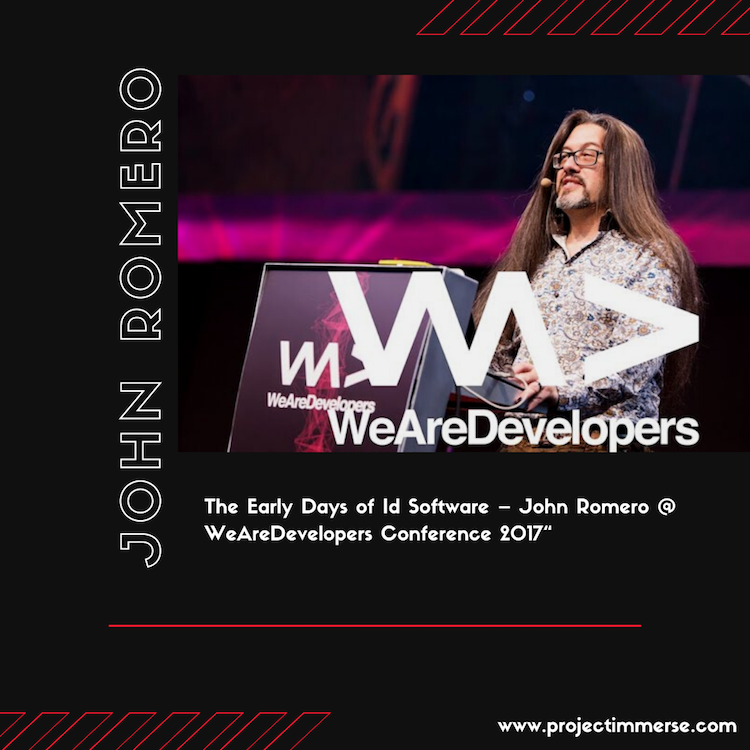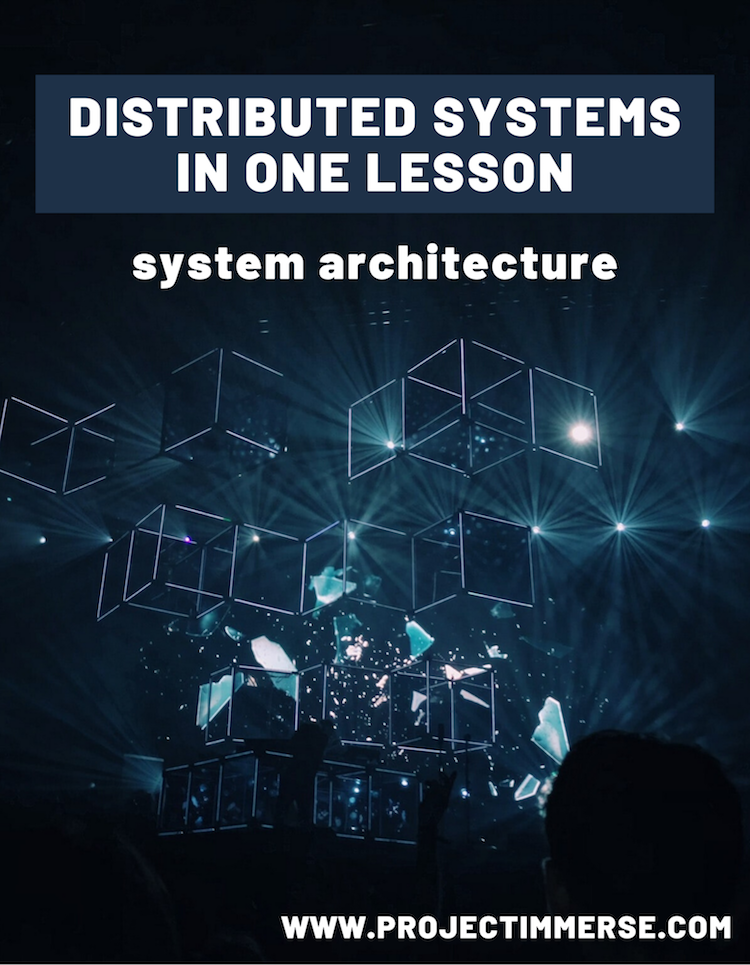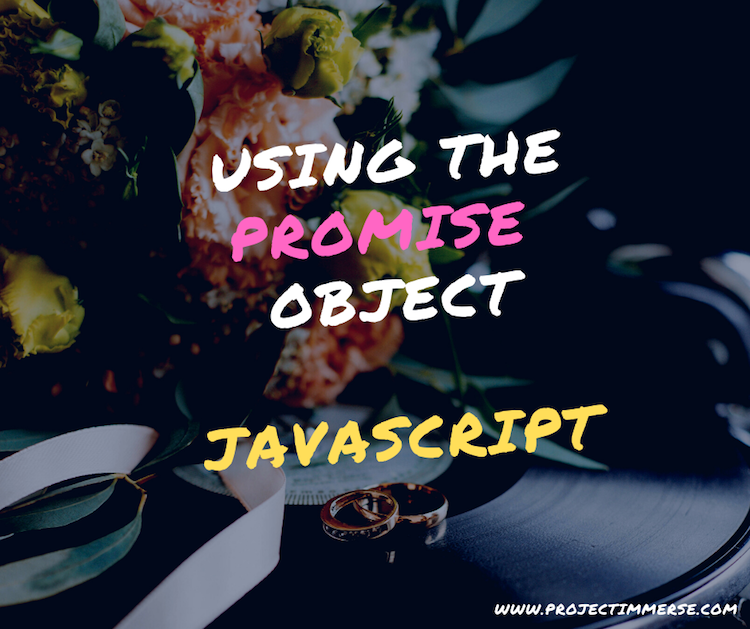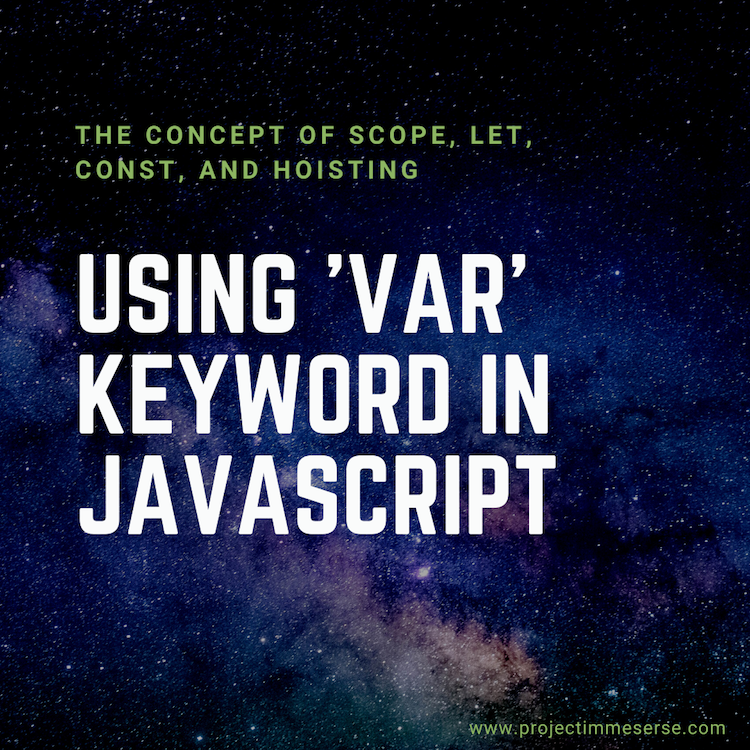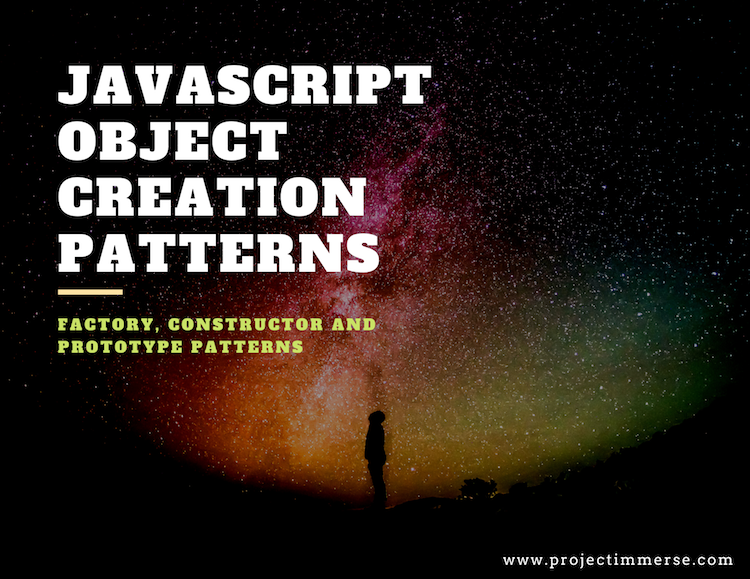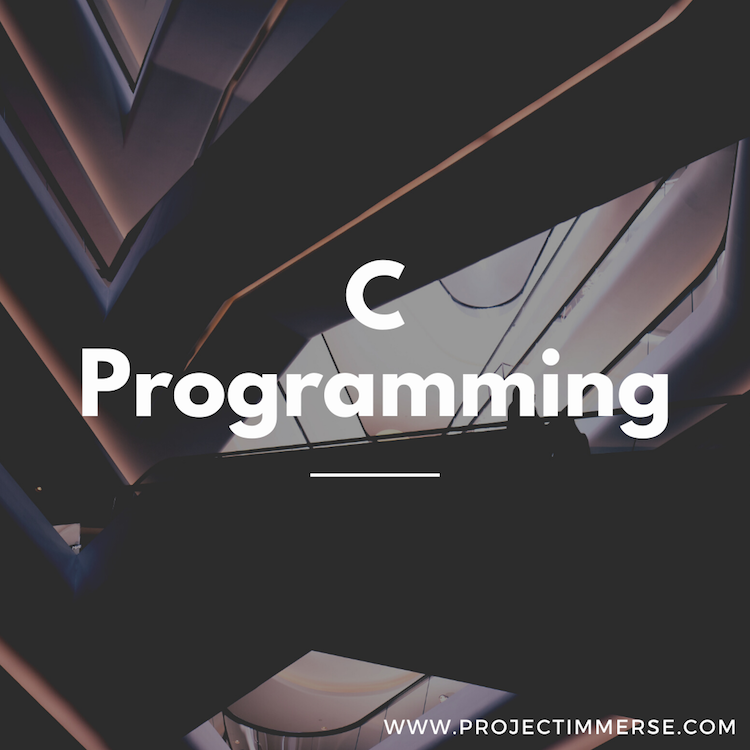I decided to take a break from my usual programming and wandered the internet, I tried breaking away from any programming related videos. I was looking for something light, I don’t know maybe a web dev conference.
This post is based off a youtube video I stumbled on, it’s entitled “The Early Days of Id Software – John Romero @ WeAreDevelopers Conference 2017“. You know, I didn’t know who John Romero was and I played both DOOM and QUAKE back in the early 90s. John was rockin’ the long hair, it was super long, looked super cool though. I wish they would invite more people like John over to Web Dev Conferences.
Continue reading “The Early Days of Id Software – John Romero”